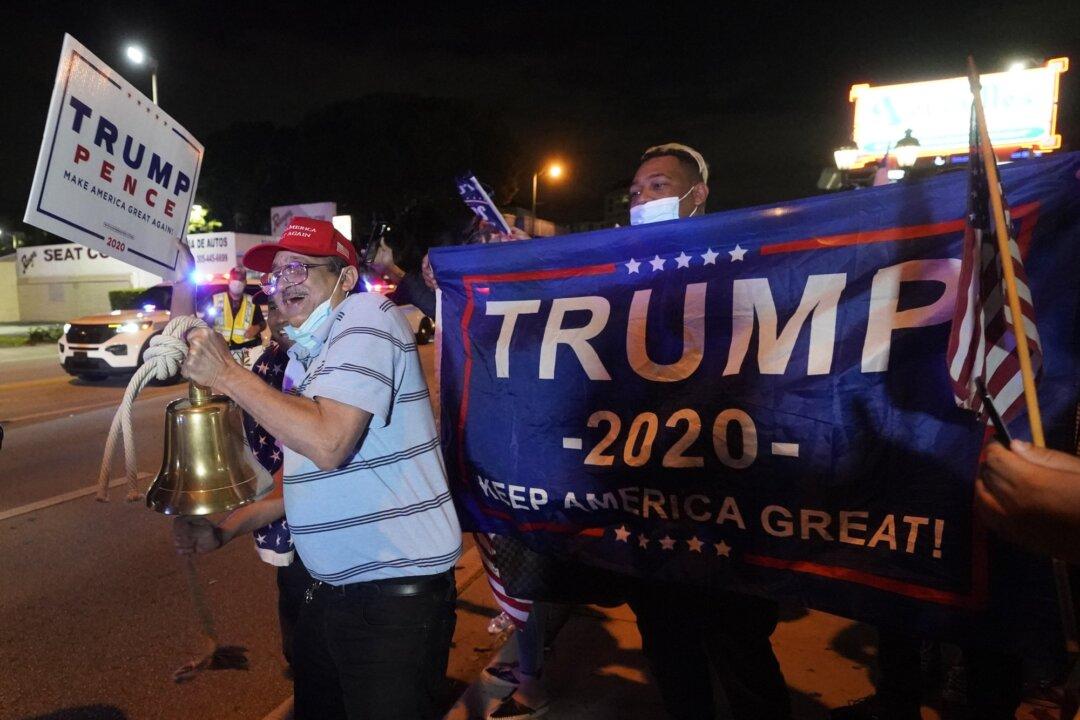TALLAHASSEE, Florida—In a state famous for razor-thin margins, the size of former Vice President Joe Biden’s loss to President Donald Trump was humiliating for Democrats and sent many searching for answers to how they failed to close the deal with voters—again.
Democrats zeroed in on two clear explanations: Biden didn’t connect with the state’s Latino voters, performing particularly poorly with Cuban voters in South Florida. They also second-guessed the party’s decision to freeze in-person organizing during the worst of the pandemic, a decision that set them back in reaching voters.





